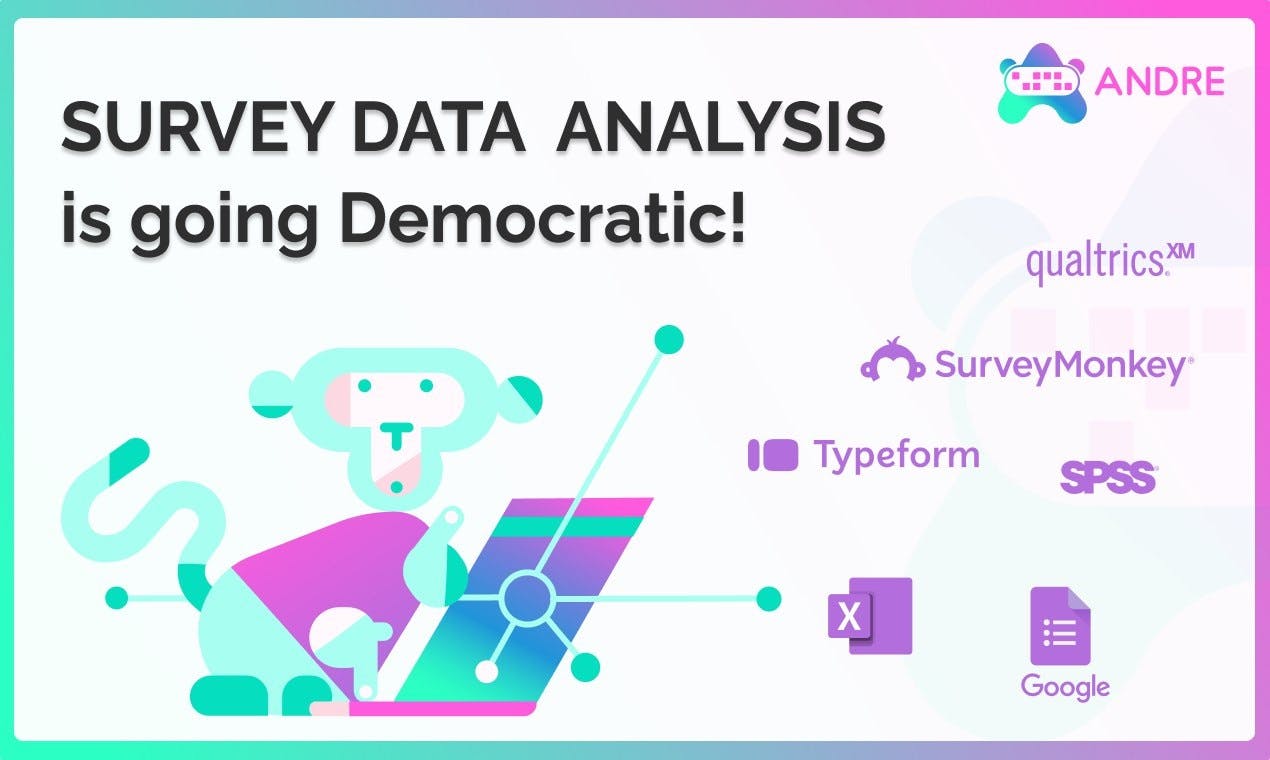3,604 reads
Harnessing AI to Democratize Data Analysis: An Interview with the Founder of ANDRE
by
May 20th, 2024
Audio Presented by
Journalist, Broadcaster, Chair, MC, Blockchain Enthusiast, Diversity Advocate, Dreamer
Story's Credibility

About Author
Journalist, Broadcaster, Chair, MC, Blockchain Enthusiast, Diversity Advocate, Dreamer
